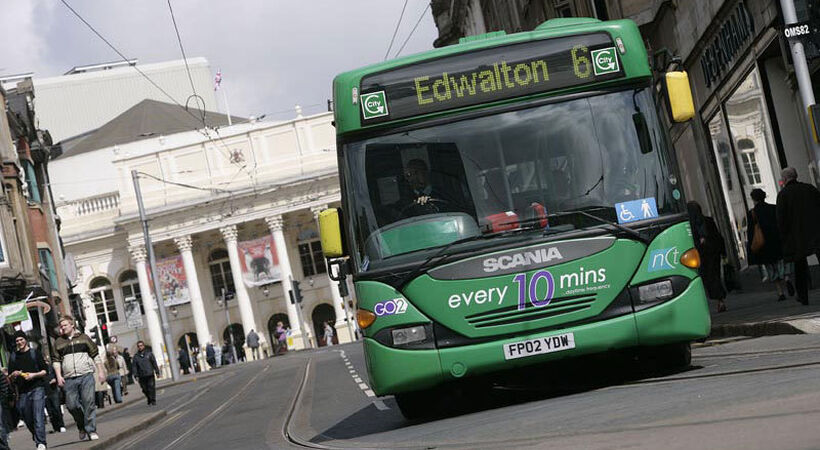Smart cities utilize communication and information technologies to provide better future and to improve the lifestyle of its citizens. The major sectors which directly compliment smart cities include transportation, energy, healthcare, education and governance,environment, buildings and infrastructure and IT and communications.
The increasing demand for sustainable infrastructure and ecological balance, this market is set to witness huge surge in coming years. Moreover, the rising demand for smart cities is due to increasing migration from the rural areas into new urban areas all around the world.
The smart transportation segment is estimated to occupy major share of global smart cities market, due to rising demands for solutions such as traffic management, anticollision, parking management, passenger information and more. Additionally, the rising norms and regulations of government over the environmental issues to restrain the pollution have fuelled the global smart cities market.
North America is estimated to hold major share in global smart cities market due to highest urban percentage and presence of majority of stakeholders. The rising investment in smart city projects in APAC and MEA regions, makes them grow at a rapid pace in coming years. Europe region also holds considerable share of global smart cities market. The global smart cities market is estimated to grow at a CAGR of 20.5% during the forecast period to reach $595.4 billion by 2016.
Smart transportation segment is estimated to occupy major share of global smart cities market, due to rising demands for solutions such as traffic management, anti-collision, parking management, passenger information and more. This segment held a major share in 2014 with recorded revenue of $45 billion. During the forecast period, it is estimated to grow at a CAGR of 18% to reach $121.5 billion by 2020.








